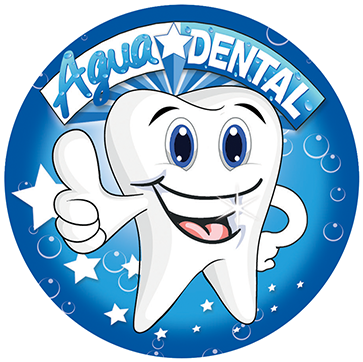Sippy cups are an important transitional tool in your child’s life, helping them move from using baby bottles to drinking from regular cups. However, if a sippy cup is used incorrectly, it can lead to a number of problems, including baby bottle tooth decay. Our dentist and team have provided an outline on the best types of sippy cups and ways to use sippy cups. To learn more about sippy cups in Harlingen, Texas, and schedule an appointment with Dr. Trent Savage, call Agua Dental today at 956-374-4959.
The American Academy of Pediatric Dentistry (AAPD) recommends that children visit the dentist for the first time when their first tooth emerges, or no later than their first birthday. When you come in for this initial visit, one of the topics our caring dentist will review with you is your child’s use of sippy cups. We will provide guidelines to help you determine which type of sippy cup is right for your child and how your child should use their sippy cup.
You may introduce your child to sippy cups and encourage them to use a sippy cup as soon as they are physically able to hold the cup. There are a few things to consider when choosing a sippy cup, such as:
- A cup with a snap-on or screw-on lid. The cup should also have a spout but no valve.
- A cup with two handles.
- A cup with a weighted base that will not tip over easily.
When filling your child’s sippy cup, avoid putting sugary, decay-causing liquids into it. While the sippy cup itself does not cause tooth decay, the liquids inside can. Sippy cups only release small amounts of fluid, and the fluids from the cup are constantly in your child’s mouth. If a sippy cup is filled with sugary or sweetened drinks, it can provide a food source for harmful bacteria and lead to tooth decay. Some liquids to avoid putting in sippy cups include breast milk, baby formula, fruit juice, soda and sweetened water.
We strongly recommend filling your child’s sippy cup primarily with water. This will help them avoid developing cavities. You can fill it with milk or another beverage during meals but should refill the cup with water after the meal is over. Do not let your child keep their sippy cup with them overnight unless it only has water in it.
We recommend that you help your child transition from a sippy cup to a regular cup as soon as they have enough motor control to hold a regular cup.
For more information about sippy cup usage and to schedule your consultation with our dentist, please contact our office today.


